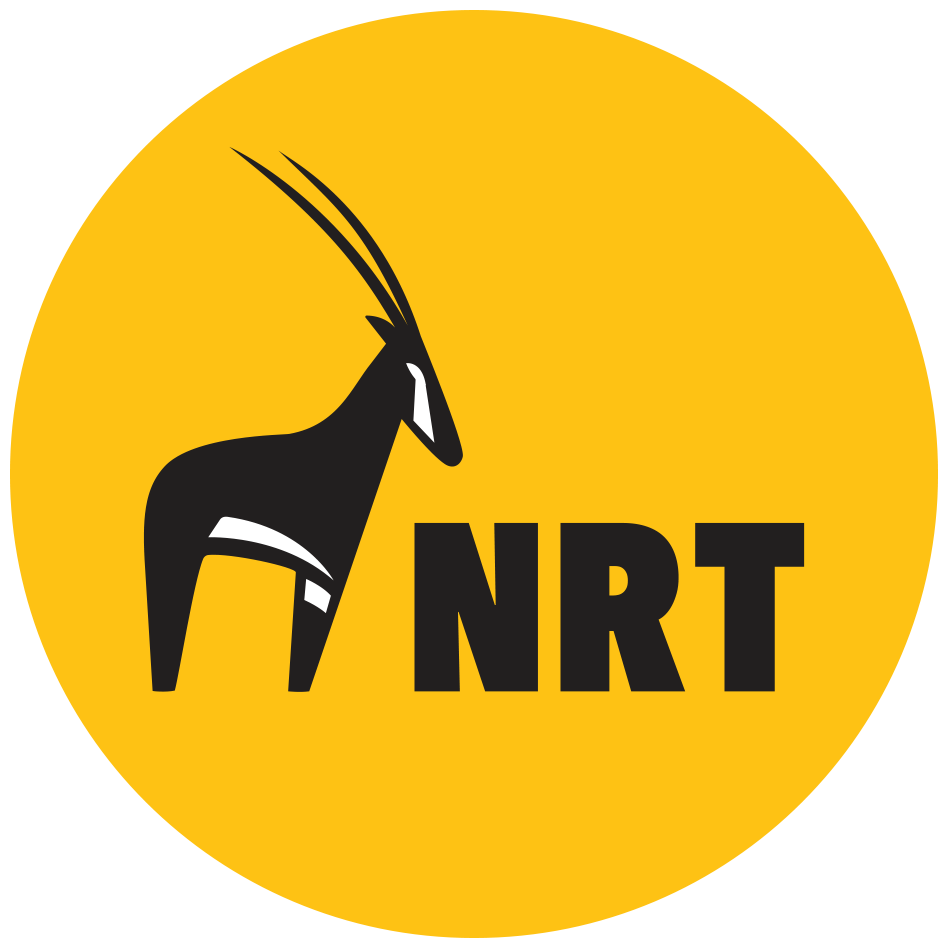Meet Bella, our first and only female radio operator at the HQ!
For most of us, shrugging off our blankets at dawn to prepare for work is sometimes a hassle, but not for Bella Lobaali. The 28-year-old has no problem reporting to work at 5 a.m. — everyday. In fact, she looks forward to every single day of her job. Bella is NRT’s first and only female radio operator at the Joint Operations and Communications Centre (JOCC), that is based at the Lewa Wildlife Conservancy.
The JOCC acts as a regional hub for security and peace operations, and for correlation of information from NRT-member conservancies, the National Police Service, the Kenya Wildlife Service and other law enforcement actors to coordinate efforts using shared information and data.
For Bella, working as a radio operator in conservation is a dream come true. As a native of Sera Community Conservancy, she had always desired to make a contribution to her heritage — the community and wildlife, whose lives are inextricably intertwined. She began her journey in 2015, when she joined Sera’s workforce as a radio operator. She later had the privilege of experiencing a different culture and work environment, when she was transferred to the NRT Coast Headquarters in Lamu in 2016, where she worked for a year, before returning to Sera in 2017. When the opportunity to work at the JOCC presented itself that same year, Bella didn’t let it slip through her fingers. She accepted the offer and has worked there ever since.
As an early bird, Bella is usually the first to report to work, much to the praise and admiration of her colleagues. Her first order of business when she arrives is to conduct ‘call-ups’— the JOCC’s bespoke lingo for regularly scheduled radio checks. She carries out these checks with each of the 43 NRT-member conservancies to determine the operational status of their radio stations. She also conducts similar checks with the ‘9’ teams— mobile scout units employed by NRT across its landscape, operating under the leadership of the National Police Service and the KWS, to curb poaching and mitigate livestock theft, when called upon by the government.
Bella and her team also help coordinate vital radio communications with the communities and rangers in the field, which aid in activities such as facilitating rescues or treatment of injured wildlife, tracking wildlife security threats and relaying of information to the authorities.
She feels honoured when the communities and rangers she regularly talks with appreciate her work. “Occasionally, community members across the conservancies tell me that they feel at ease whenever they hear my voice over the radio. That inspires me even more.”
However, her job is not for the faint-hearted. Working late into the night is not unusual for her team, especially during critical operations like wildlife rescues. As she shares, it’s not a role that most of her peers would gladly take up, let alone stick to. “Most female radio operators across the conservancies shy away from this job here at the JOCC, since the schedules and workloads are quite different.’’ Despite such challenges, Bella remains unmoved and keeps on working with an unwavering passion.
Bella embodies resilience, discipline and dedication — qualities that many of our rangers have portrayed over time. As we celebrate World Ranger Day on 31 Sunday July, we honour heroines such as Bella who are indispensable to NRT’s efforts to promote peace, protect wildlife and develop local communities.


